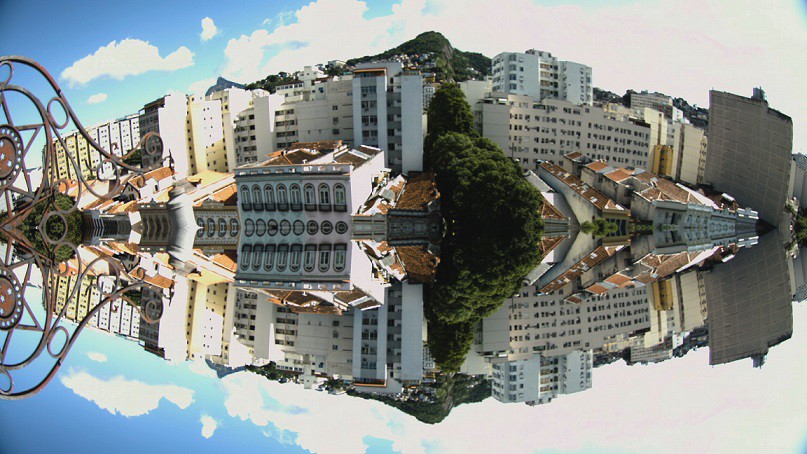Monika Klemz has worked as first assistant director, researcher, producer, director, and screenwriter of fiction short films, documentaries, experimental film, and animation. Her debut documentary short “A Singular Garden” won Best Cinematography in a Short Feature Documentary at London International Filmmaker Festival 2018.
“A Singular Garden” will premiere at the 2018 Full Frame Documentary Film Festival on April 6.
W&H: Describe the film for us in your own words.
MK: The film deals with a garden, born in the Brazilian slave-owning empire, cradle of the first Republic, through which 16 Presidents passed, later listed as historical patrimony, in the middle of urban chaos — and the way people interact with it.
W&H: What do you want people to think about when they are leaving the theater?
MK: I want them to reflect on how public spaces do not lend themselves only to crossings — that it is okay to enjoy the time for leisure, recreation, and interrelationships.
W&H: What was the biggest challenge in making the film?
MK: I faced three major challenges: the budget; the rain, which decreased the shooting window from three to two days; and the number of roles I had to perform, including acting as a researcher, scriptwriter, director, producer, and assistant. The entire team, made up of four people, worked in more than one function.
W&H: Share some insights into how you got the film made.
MK: It is a film-essay that used photographs, films, paintings, newspaper, sounds, and music. It required great research, and elaborate sewing of these elements of archival material.
W&H: What does it mean for you to have your film play at Full Frame?
MK: As a newcomer, it means the possibility of having my work appreciated and honored by colleagues, producers, distributors, and the public, giving visibility to the film and technical team, and providing future partnerships, and market credibility.
W&H: What is the best and worst advice you have received?
MK: In choosing to create a film-essay, the good advice was that I had found my way.
The bad advice was that this kind of film only served to fill the drawers of my office.
W&H: What advice do you have for other female directors?
MK: There are obstacles worth fighting for, and others that only consume time and energy. Focus, determination, and commitment are the main tools for overcoming them, and obtaining quality artwork.
W&H: Name your favorite woman-directed film and why.
MK: There are several female directors that I like. One of them is the Brazilian filmmaker Petra Costa, and her film “Elena,” for how it’s loaded with subjectivity, and makes use of archive material — photos, filming, recordings, posters — with a lot of poetry, and for its treatment of difficult subjects like suicide, and the confrontation of family.
W&H: Hollywood and the global film industry are in the midst of undergoing a major transformation. Many women — and some men — in the industry are speaking publicly about their experiences of being assaulted and harassed. What are your thoughts on the #TimesUp movement and the push for equality in the film business?
MK: One word: #TimesUp! We are done!







